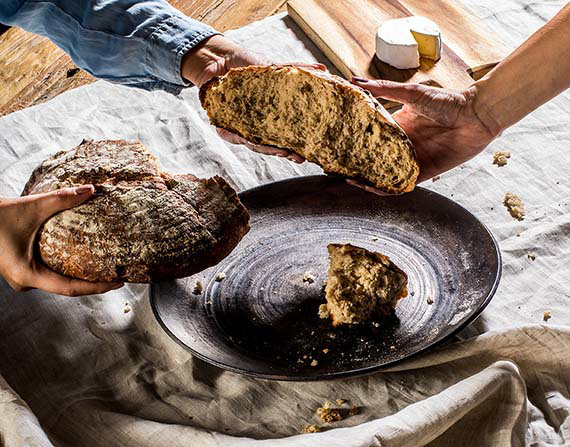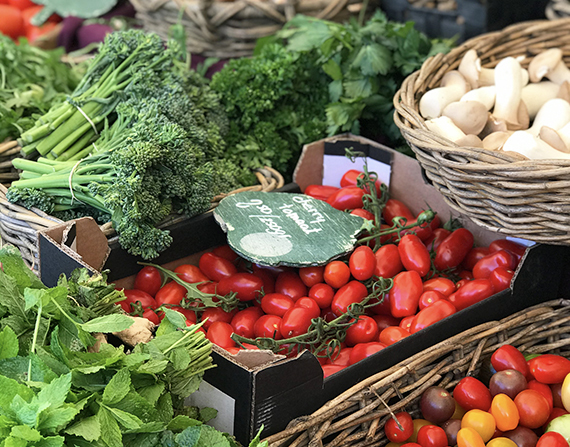The Dutch and gastronomy
The way the Dutch have been interacting with food is completely different from what it was four years ago. And way much better! I apologize to my Dutch friends, but the truth is their gastronomy used to be one of the less appealing in the world. Some food habits are hard to understand, but they justify this issue. First of all, the Dutch hardly ever sit at the table to have lunch to savour a meal and enjoy this moment not only to eat, but also to have that necessary break many of us yearn during the day. Few Dutch do that. They do it on weekdays mainly when they have to discuss something with a co-worker or a client. What is a common scene? A Dutch eating any sandwich while using the computer, or walking around the street running some errands with this sandwich. Of course, there are exceptions. For years in a row the Dutch have dedicated family moments in the evenings to prepare bland, pre-cooked meals based on bread in a bag bought at the supermarket. As a people so connected to the consumption of bread, how come nobody ever thought of opening bakeries dedicated to producing naturally fermented bread, like those we see in Brazil, France and Italy? The problem here is not the consumption of bread itself. This is a country that likes bread so much, but consumes it in a precarious way: fresh bread has never been through a long, natural fermentation, and the other types, most of them, are industrialized and bought from plastic bags in supermarkets, hardly appealing. I have always found this intriguing!
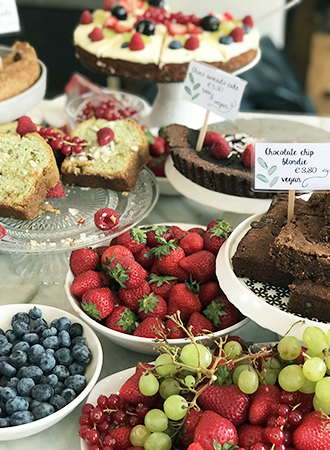
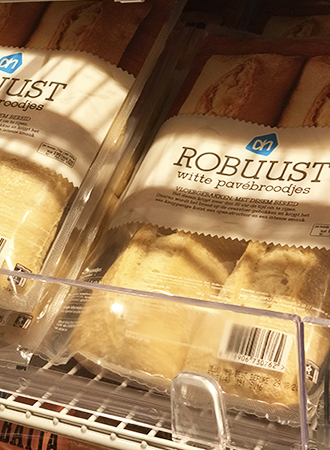
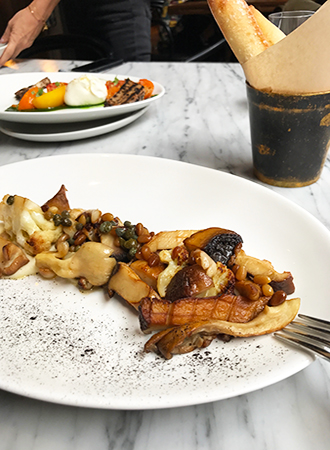
It is true, though, that amid so many loaves of bread with no good taste or appearance, the Dutch have started to eat better – encouraged by younger generations that travel and are more in sync with the world trends - which also means to choose more vegetables and organic food. This is directly connected to spending more time at the table, or cooking with friends and family, and even to the time dedicated to learning about new restaurants that pop up in the city. Thanks to globalization that has contributed to an invasion of bars, bistros and food courts throughout the city, and this has been playing a fundamental role to foster the culture of good food. Another fortunate reason that contributed to this change in eating habits has to do with the increase in the number of producers and farmers responsible for supplying the city either with vegetables or proteins. This movement has been occurring in many parts of the world, so necessary for us to better appreciate local products and to have a healthier diet. This can be seen more and more in restaurants that respect seasonal products and work their menus based on what nature – together with other aspects – allows. Marqt is a fabulous example: found in different parts of town, almost all of their products are from local producers (except for wine wine and other products that could hardly be grown in such a cold place as Holland). Even non-local products are carefully selected – they are sustainable, organic, or biodynamic – at a fair price. The payment mean also respects the environment: they do not take cash, only cards – which will very soon be the norm in the entire city. I have always thought that cooking is an act of love, sharing and respect. Those around a table feel the same and spread that. I am glad Amsterdam is experiencing this!




